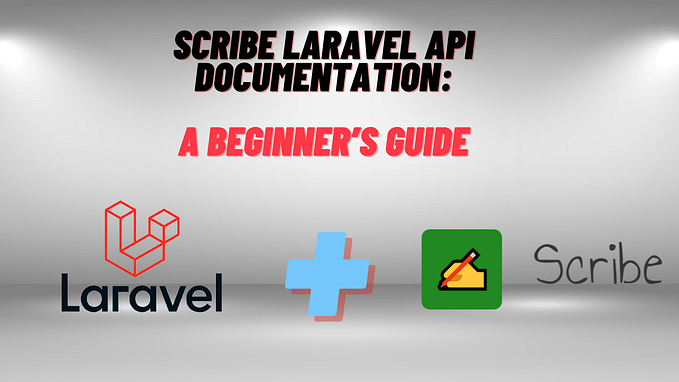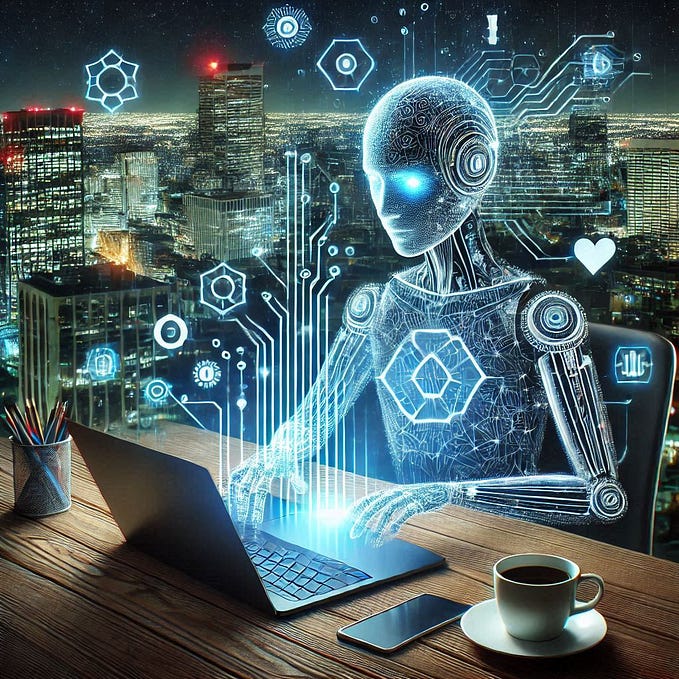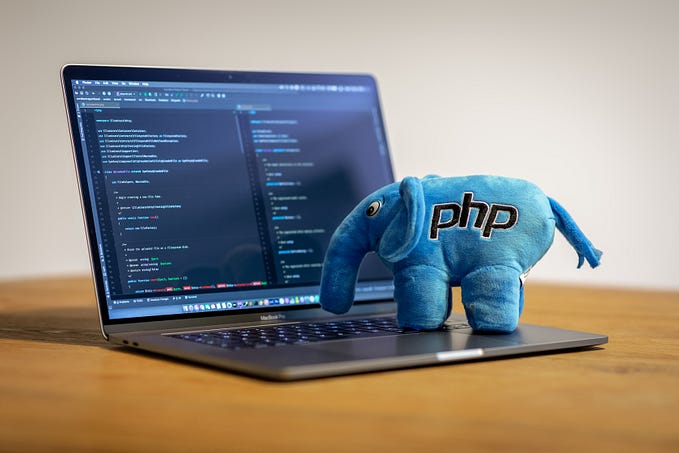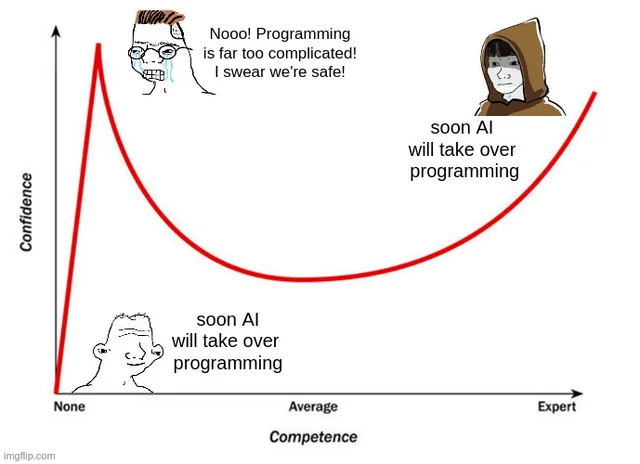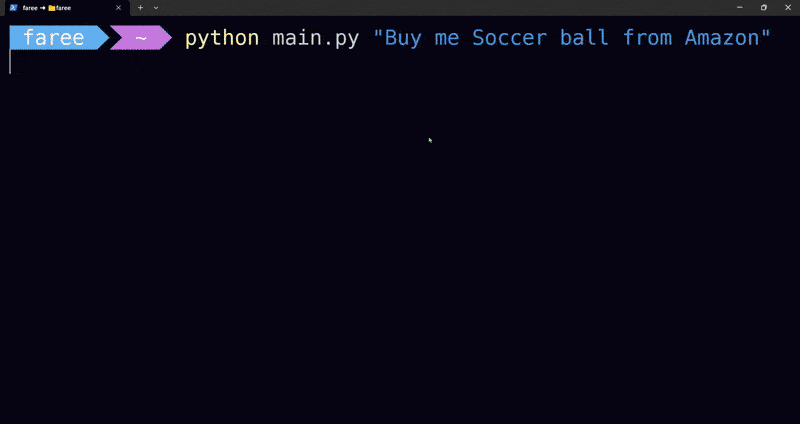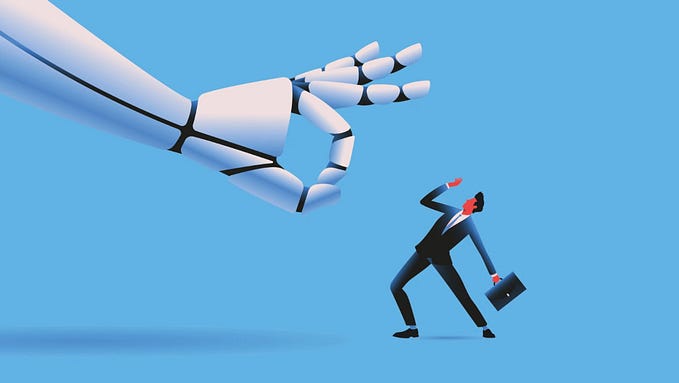
The integration of artificial intelligence into software development isn’t just another tech trend — it’s fundamentally transforming how we code, debug, and deploy applications. As a developer who’s witnessed the evolution of programming tools over the years, I can say that AI’s impact on our field is unprecedented. Let’s dive deep into the opportunities this creates for software developers.
AI-Augmented Development: Beyond Simple Code Completion
Remember when autocomplete was revolutionary? Today’s AI coding assistants are lightyears ahead. They don’t just complete lines of code; they understand context, suggest entire functions, and can even architect solutions based on natural language descriptions. Tools like GitHub Copilot, ChatGPT and Cursor are becoming indispensable members of development teams.
What’s particularly exciting is how these tools are evolving to understand project-specific patterns and conventions. They learn from your codebase, making suggestions that align with your team’s architecture and style guides. This isn’t about replacing developers — it’s about eliminating the tedious parts of coding and letting us focus on problem-solving and innovation.
New Career Paths and Specializations
The AI revolution is creating entirely new roles within software development:
AI Integration Specialist
As more companies look to incorporate AI capabilities into their applications, developers who understand both traditional software development and AI integration are in high demand. This involves skills like:
- Working with large language models through APIs
- Fine-tuning models for specific use cases
- Implementing AI-powered features within existing applications
- Optimizing AI model performance in production environments
ML Ops Engineer
The intersection of machine learning and DevOps has created a specialized field focused on deploying and maintaining AI systems. This role requires expertise in:
- Building automated ML pipelines
- Managing model versioning and deployment
- Monitoring model performance in production
- Implementing A/B testing frameworks for AI features
Project Opportunities in the AI Era
The landscape of software projects is evolving rapidly, creating new opportunities for developers to innovate:
Intelligent Code Analysis Tools
There’s growing demand for tools that can analyze codebases for security vulnerabilities, performance bottlenecks, and technical debt. AI models can process massive amounts of code to identify patterns and potential issues that human reviewers might miss.
Custom Development Assistants
Companies are investing in specialized AI assistants trained on their specific tech stack and coding standards. These tools can help new team members get up to speed faster and ensure consistency across large development teams.
AI-Powered Testing and QA
Automated testing is being revolutionized by AI’s ability to generate test cases, identify edge cases, and even predict where bugs are likely to occur based on code changes.
The Benefits of AI for Daily Development Work
Accelerated Development Cycles
AI tools are dramatically reducing the time required for routine coding tasks. What used to take hours can now be accomplished in minutes, allowing developers to:
- Prototype features more quickly
- Explore multiple implementation approaches
- Focus on architectural decisions rather than boilerplate code
Enhanced Code Quality
AI-powered code analysis tools are raising the bar for code quality by:
- Identifying potential bugs before they reach production
- Ensuring consistency in coding standards
- Suggesting performance optimizations
- Detecting security vulnerabilities early in the development cycle
Improved Documentation
AI is transforming how we approach documentation, offering:
- Automated generation of API documentation
- Natural language explanations of complex code
- Context-aware code comments
- Documentation verification and updates
Preparing for the AI-Enhanced Future
To make the most of these opportunities, developers should focus on:
Skill Development
- Understanding AI/ML fundamentals
- Learning prompt engineering
- Developing expertise in AI model integration
- Strengthening system design skills for AI-powered applications
Best Practices for AI Integration
- Implementing proper validation and testing of AI-generated code
- Maintaining human oversight in critical systems
- Ensuring ethical use of AI in development
- Managing AI model versioning and updates
Looking Ahead
The future of software development is increasingly intertwined with AI, but this shouldn’t be cause for concern. Instead, it represents an opportunity for developers to become more efficient, creative, and impactful in their work. The key is to approach AI as a powerful tool that enhances rather than replaces human expertise.
As AI continues to evolve, we’ll likely see even more opportunities emerge. The developers who will thrive are those who embrace these changes while maintaining their focus on solving real-world problems and creating value through code.
Remember: AI is not replacing developers; it’s empowering us to tackle more complex challenges and deliver better solutions faster than ever before. The future belongs to developers who can effectively collaborate with AI tools while bringing their unique human insights and creativity to the table.

